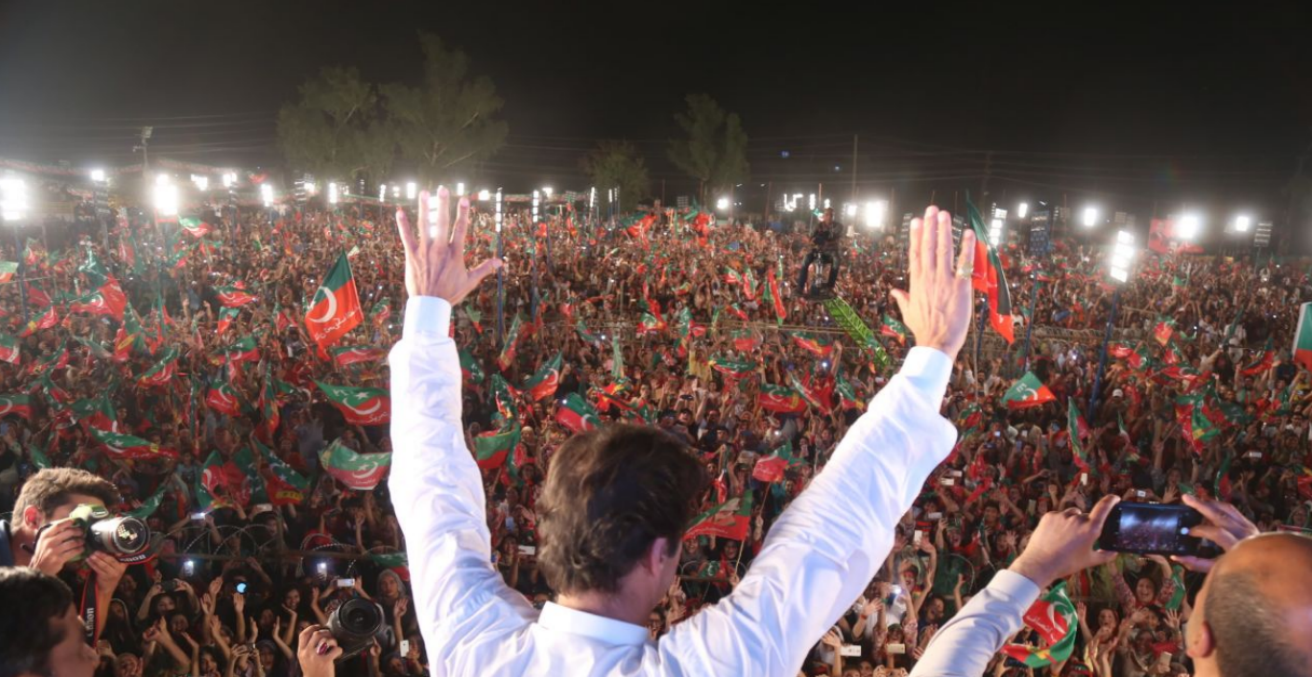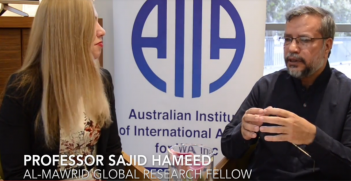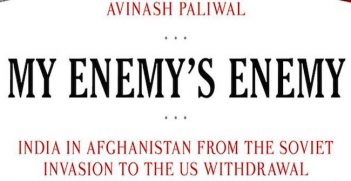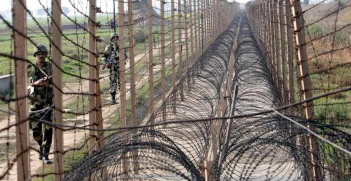Imran Khan’s First 100 Days

Imran Khan has faced significant challenges in both domestic and foreign policy in his first 100 days as prime minister of Pakistan.
After demonstrating his leadership on the cricket field by leading Pakistan to a remarkable win during the 1992 Cricket World Cup, Imran Khan has proven his worth in politics by winning a majority in the 2018 elections with the Pakistan Tehreek-e-Insaf (PTI).
While critics blamed the establishment for bringing him to power, voters had full confidence that Khan would realise his ultimate goal of a “new Pakistan” free from corruption. PTI’s anti-corruption dharnas gave the party much-needed momentum, with Nawaz Sharif being sentenced to 10 years in jail right before the 2018 elections.
How has the PTI delivered on the promises in its 2018 election manifesto in its first 100 days in office?
Since Imran Khan was sworn in as the 22nd Prime Minister of Pakistan on 18 August, from his struggle to read Urdu during the swearing-in ceremony onwards, his journey has not been easy on either the domestic or the international front.
Domestic challenges
Security measures had been considerably improved throughout Pakistan in the period prior to Khan becoming prime minister, resulting in a significant decline in terrorist attacks. Thus, the security situation is not a major area of concern for the time being. Instead, the key task for the government is to deal with the rapidly deteriorating economic situation.
A balance of payments crisis has compelled the PTI Government to knock at all possible doors for rescue. This includes ongoing negotiations with the International Monetary Fund (IMF) and China, as well as some brotherly Muslim states. Khan’s preferred means of dealing with the economic crisis was also reflected in his visits to Saudi Arabia and the UAE. The former has already sent the first instalment of $3bn in aid to Pakistan to help increase its foreign reserves.
Another challenge that this government has inherited is to generate funding for building dams. The construction of dams is crucial to address Pakistan’s water and energy crises, with some predicting alarming water scarcity by 2025.
Khan has received the most criticism from home and abroad for his “U-turns”. First, under pressure from Islamists who did not want a member of the Ahmadi religious minority, Khan reversed his appointment of Atif Mian to the Economic Advisory Council. Second came the issue of Asia Bibi, a Christian woman who was acquitted of blasphemy charges by the Supreme Court. Although Khan initially fully supported the judgment, he had to back-track following violent protests led by the Tehreek-i-Labbaik Pakistan (TLP). The government later signed an agreement with the TLP and placed Bibi on the exit control list, preventing her from travelling outside of Pakistan. These episodes have underlined the need for a long-term strategy for dealing with the extremist challenge.
Foreign affairs
In foreign affairs, there is much continuity. The relationship with the US continues to decline and this has a bearing on Pakistan’s economy. The US – one of the key donors to the IMF – has raised its concerns over Pakistan using any bailout package to repay loans to China taken for constructing the China-Pakistan Economic Corridor. Similarly, there has been no breakthrough in relations with India.
A key policy priority for the PTI Government has been to normalise relations with Afghanistan. In his first speech as prime minister, Khan labelled Afghanistan a victim of “war on terror” and highlighted the need for dialogue on peace in Afghanistan. He also mentioned the need for open borders with Afghanistan. The desire for good relations with Afghanistan was also reflected in Foreign Minister Shah Mahmood Qureshi’s first visit to Kabul in September 2018. Khan’s Government also supports negotiations with the Taliban to reach some form of a power-sharing agreement for peace and stability in Afghanistan. After making an announcement to give citizenship to Afghan refugees born in Pakistan, the government seems to have succumbed to pressure from the opposition parties, with no action plan being prepared regarding this matter.
While it seems that Pakistan’s full support of the Saudi-led war in Yemen has strengthened its relations with the Gulf States, especially Saudi Arabia and the UAE, the PTI Government seems to have no clear policy on Iran. While Khan talked about good relations with all neighbours, the party’s election manifesto did not specifically mention Iran. An improvement in relations with Iran is crucial to addressing sectarianism at home. Despite Pakistan’s claims that it will mediate conflicts in the Middle East, the current government has made no direct reference to mediating between Iran and Saudi Arabia, a rivalry that is central to Middle Eastern conflicts.
Final thoughts
In his inaugural speech to the nation, Khan spoke of creating an “Islamic welfare state” based on the model of the first Muslim state that was established by Prophet Muhammad (peace be upon him) in Madinah. While many have appreciated this idea, Khan will still struggle to fund the required increases in education and healthcare spending. Addressing the economic crisis is therefore key to fulfilling the significant promises the PTI Government has made to the nation.
The reality of Khan’s first 100 days has been the PTI Government’s U-turns on a range of issues. Khan has earned the sobriquet of “Mr U-turn” and no decisions have been easy. This trend of reversals is likely to continue until the government develops a coherent strategy to overcome the hurdles posed by the variety of domestic and foreign policy challenges that it confronts.
Dr Zahid Shahab Ahmed is a Research Fellow at Alfred Deakin Institute for Citizenship and Globalization, Deakin University. He is the author of ‘Regionalism and Regional Security in South Asia: The Case of SAARC’. He tweets at @DrZahidShahab.
This article is published under a Creative Commons Licence and may be republished with attribution.





